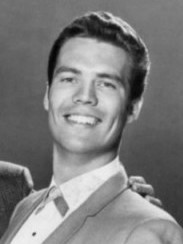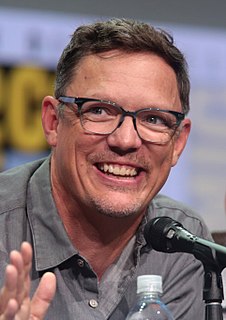A Quote by Roald Dahl
I have a passion for teaching kids to become readers, to become comfortable with a book, not daunted. Books shouldn't be daunting, they should be funny, exciting and wonderful; and learning to be a reader gives a terrific advantage.
Related Quotes
If you are reading in order to become a better reader, you cannot read just any book or article. You will not improve as a reader if all you read are books that are well within your capacity. You must tackle books that are beyond you, or, as we have said, books that are over your head. Only books of that sort will make you stretch your mind. And unless you stretch, you will not learn.
We all become different readers in how we respond to books, why we need them, what we take from them. We become different in the questions that arise as we read, in the answers that we find, in the degree of satisfaction or unease we feel with those answers...In the hands of a different reader, the same story can be a different story.
I've mis-signed many a book Rollins or Clemens. My readers quickly become aware. Booksellers will often promote me under both names, and I do plug both at signings. Generally, the fantasy reader has no problem going into the suspense genre. It's harder for the typical suspense reader to go the other direction.
A reader is entitled to believe what he or she believes is consonant with the facts of the book. It is not unusual that readers take away something that is spiritually at variance from what I myself experienced. That's not to say readers make up the book they want. We all have to agree on the facts. But readers bring their histories and all sets of longings. A book will pluck the strings of those longings differently among different readers.
You become funny for a reason. I became an actor because that's who I was, nothing else - it was the only thing I was good at. You become a clown and you make people laugh because a) it protects you from everything, and b) it's this validating force in your life. And when you're 12 and 13 years old, you need validation and you're lost and you're kind of floating and you suffer from a severe learning disability and you're overweight and you have glasses... you become funny for a reason.
Books are just dead words on paper and it is the readers who bring the stories alive. Previously, writers wrote a book and sent it out into the world. A couple of months after publication letters from readers might arrive. And, leaving aside the professional reviews, it is really the reader's opinions that the writer needs. They vote for a book - and a writer - with their hard earned cash every time they go into a bookstore (or online - that's my age showing!) and buy a book.





































